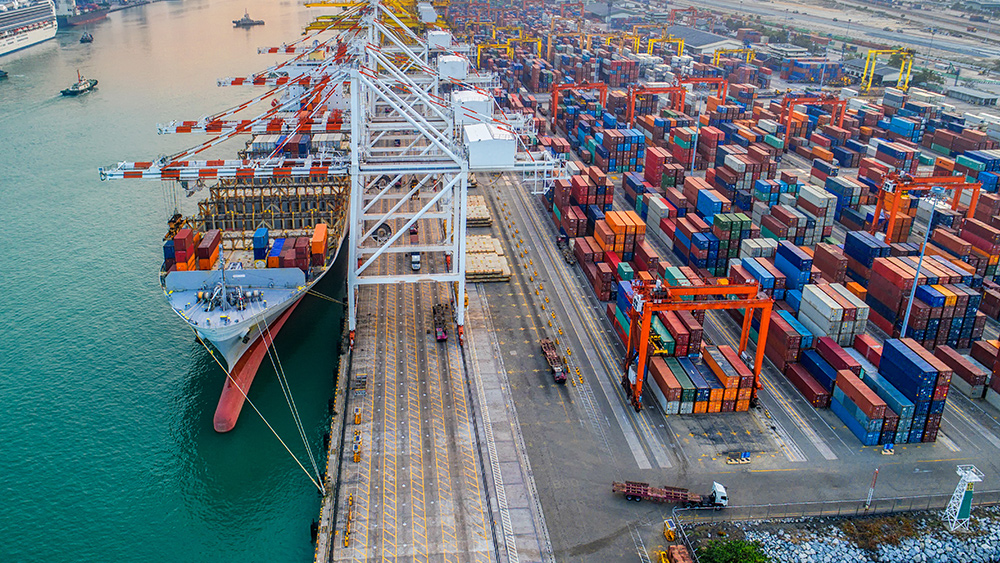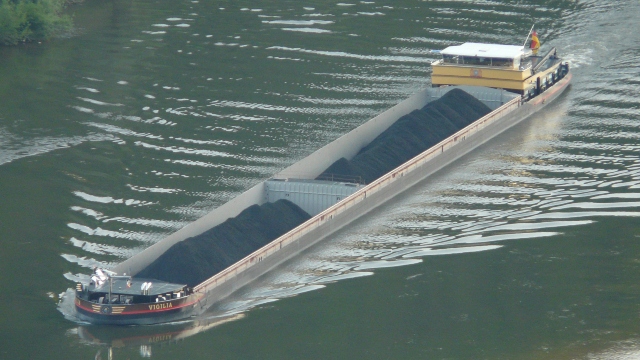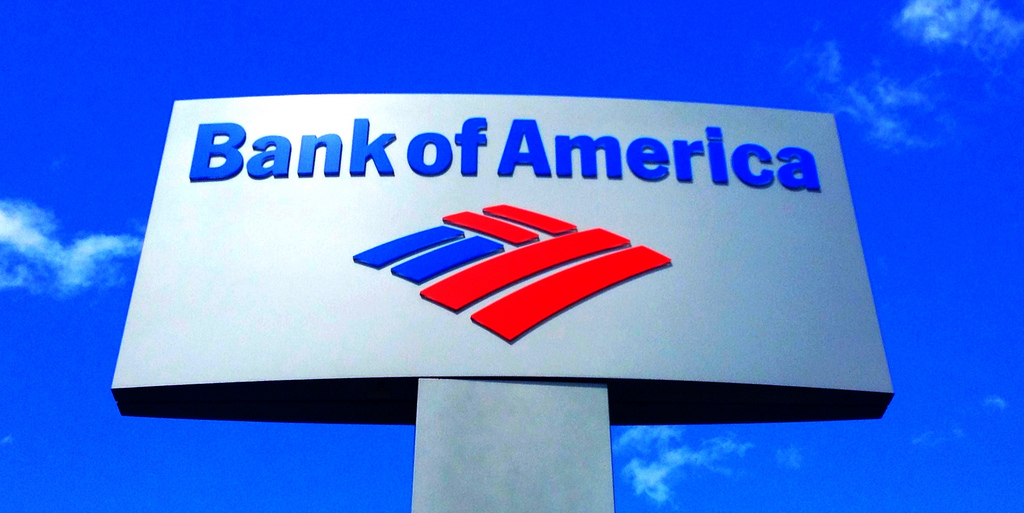Shipping rates drop 75% amid plummeting US retail demand
10/17/2022 / By Cassie B.

Cargo ship owners have been canceling sailings on some of the busiest routes in the world in the middle of what is normally their peak season, illustrating the serious impact that inflation has been having on consumer spending.
This summer, import volumes to the U.S. started to drop dramatically, which is a strong sign that inflation is taking its toll on consumer demand. With trans-Pacific shipping rates falling by at least 75 percent from one year ago, it is now clear that people are reducing their spending significantly.
The cancellations being seen right now represent a dramatic reversal from the situation a few months ago, when a lack of shipping space saw freight rates skyrocket and record-setting profits for carriers. It was just a year ago when companies such as Home Depot and Walmart had to charter their own ships to overcome port bottlenecks and meet surging demand.
This major drop in shipping rates comes as demand weakens and big retailers cancel their orders with vendors and seek to reduce their inventories. Nike recently announced that it had 65 percent more inventory than a year ago and will need to use markdowns to start moving stock, while FedEx said it will be canceling flights and parking cargo planes as shipping volumes drop.
Rapidly rising consumer prices as a result of record inflation are having a big impact on the global economy, with factory shutdowns in China and the conflict in Ukraine also taking a toll on trade activity. In September, the container capacity provided by Pacific Ocean ship operators had fallen 13 percent over a year earlier, which represents a drop equal to 21 ships capable of moving 8,000 containers per voyage.

Sailing cancellations during peak season causing concern
For the two weeks beginning on October 3, 40 scheduled sailings from Asia to America’s West Coast and 21 sailings from Asia to the East Coast were cancelled; the average number of sailings that are normally cancelled at this time of year is just two to four.
The chief analyst at shipping data provider Xeneta, Peter Sand, noted: “In the first week of October, one-third of previously announced capacity will be blanked and for the second week, it will be around half. The downturn pace in recent weeks has been very fast and it looks like carriers misread the low volumes of a nonexistent peak season.”
Carriers typically see their strongest demand in the weeks between late summer and early fall as retailers and importers start to build up their inventories to prepare for the approaching holiday shopping season. Government data shows that consumer spending on bulkier items such as appliances and furniture that typically must be imported to the U.S. has been cooling after a period of strong demand earlier in the pandemic, when people were spending more time at home and improving their houses.
Daily freight rates, which sat at $19,000 for moving a single container across the Pacific Ocean in 2021, now stand at just $3,900.
One UK carrier told The Loadstar: “Other than at the start of the pandemic, I can’t recall another time when the market has turned so quickly, and it looks like it will get a whole lot worse before it gets better.”
Tracking trends in overall retail sales can be tricky in times of high inflation like we’re seeing right now, as inflation can sometimes make it look like sales are increasing even as profits plummet. Therefore, shipping rates and volume are often better indicators of current retail performance amid inflation.
Sources for this article include:
Submit a correction >>
Tagged Under:
Bubble, cargo ships, chaos, Consumer Demand, debt bomb, debt collapse, demand, economic collapse, Imports, Inflation, market crash, panic, Retail, risk, shipping, supply chain
This article may contain statements that reflect the opinion of the author
RECENT NEWS & ARTICLES
COPYRIGHT © 2017 COLLAPSE.NEWS
All content posted on this site is protected under Free Speech. Collapse.news is not responsible for content written by contributing authors. The information on this site is provided for educational and entertainment purposes only. It is not intended as a substitute for professional advice of any kind. Collapse.news assumes no responsibility for the use or misuse of this material. All trademarks, registered trademarks and service marks mentioned on this site are the property of their respective owners.




















